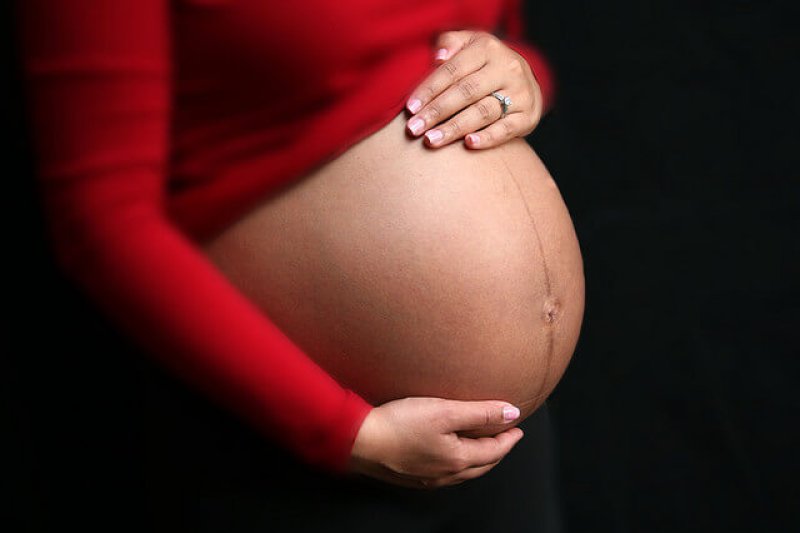Children born via surrogacy are often jet setters before they ever qualify for a passport: Their conception, gestation and births often occur in three different countries as wealthy parents cross boarders to find services where they are legal. But a growing number of reports suggest how convoluted the process can be for potential parents looking to start families and the women they contract with to carry their children.
Take the case of Planet Hospital, a medical tourism company initially known for providing plastic surgery and orthopedics care to Americans looking to save some money by hoping over the boarder to Mexico. Founder Rudy Rupak then expanded into surrogacy, moving his fertility and surrogacy business from India to Thailand and finally to Mexico as regulations changed within countries. The FBI recently placed Rupak under investigation for defrauding surrogacy clients.
Rupak, who denies the charges, acknowledges the surrogacy business–his competitors-often walks the edge of the law: “there is a lot of treachery and deception in IVF/fertility/surrogacy because there is gobs of money to be made.”
Surrogacy contracts are legal within the U.S., but the costs often top $100,000. Couples who can’t afford the steep price tag often go to countries like India, Thailand and Mexico to find services in a more reasonable price range. But globalization of services makes potential parents more vulnerable to fraud as legal jurisdiction becomes questionable.
The New York Times reported the story of Jonathan Dailey and his fiancee who used Planet Hospital’s Cancun-based surrogacy service. They paid nearly $40,000 for the initial contract installment and visited the fertility clinic where their embryo’s would be created and the residence where their surrogate would live while she carried the fetus. Then nothing happened.
“It was just outright fraud,” Dailey said. “It’s like we paid money to buy a condo, they took the money, and there was no condo. But it’s worse, because it’s about having a baby.”
Through home-country legal actions, defrauded Planet Hospital patients have received some funds back alongside Rupak’s request that they not disparage the hospital’s name.
However, the New York Times story largely overlooks the other side of surrogacy: Mexican, Thai and Indian women contracted as egg donors and surrogates.
For these women, who are often poor, uneducated and unrepresented in the political systems of their home country, surrogacy can seem as a good idea, until it’s not. Standing up for these women has become a feminist cause in the U.S. and U.K. Often women who chose to contract to be surrogates in these countries face questionable medical and ethical practices according to Elayne Clift at the Women’s Media Center:
These practices include a lack of informed consent (since many women can’t read documents they are made to sign), minimal compensation and unfair payment schedules, isolation from family and restricted movement outside of surrogacy “residences,” constant monitoring, high-risk medical procedures, and unnecessary C-sections to accommodate traveling parents. Post-partum medical care may be poor or lacking altogether, and should problems occur, there is no life or disability insurance.
The MacArthur Foundation just awarded $200,000 to two non-profit organizations, Our Bodies Ourselves and the Center for Genetics in Society, to research conditions, payment and the subsequent social effects of surrogacy and egg donation on women.
But in a world where money buys you voice, those with less will often be overlooked. In calls for more international oversight and stricter regulation, it is important that potential parents also advocate for the women they seek to employ. Even when that raises the price tag.
Additional Resources:
- Surrogacy without infertility: Is career reason enough? Genetic Literacy Project
- Pace of reproductive technology makes health effects hard to measure, Genetic Literacy Project
- Another Scandal at a Prominent Surrogacy Agency, Biopolitical Times































